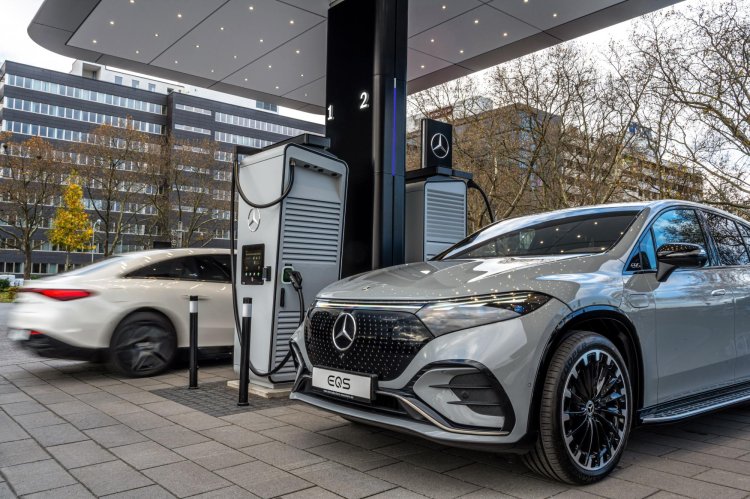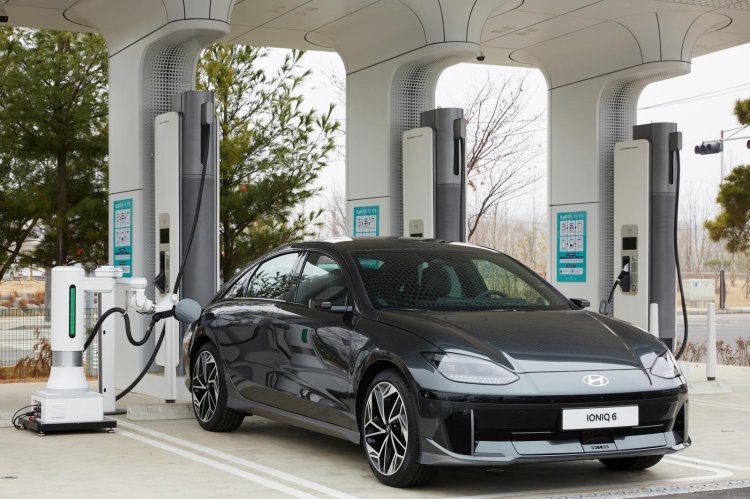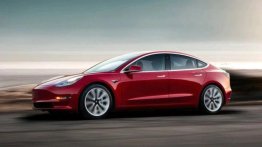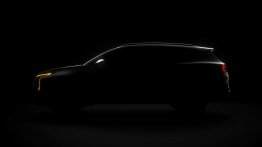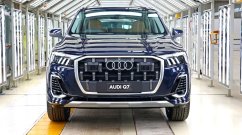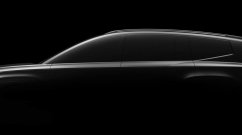In a groundbreaking shift, Norway has become the first country in the world where electric vehicles (EVs) outnumber petrol-powered cars, marking a significant milestone in the global transition to greener transportation. With 754,303 fully electric cars registered in the country, they now surpass petrol models, which number 753,905, according to the Norwegian Road Federation (OFV). This comes as Norway continues to push towards its ambitious goal of removing fossil-fuel vehicles from its roads.
While diesel-powered cars still dominate the overall fleet, numbering just under one million, their popularity is rapidly declining as the country embraces electric mobility. Norway’s remarkable achievement stands out globally, given that EVs accounted for only 3.2% of the worldwide car fleet in 2023, with leading markets like China and France still lagging behind in comparison.
The country’s status as a major oil and gas producer may seem paradoxical, but Norway has long been a leader in adopting environmentally friendly policies. The nation has set an aggressive target to sell only zero-emission vehicles by 2025, putting it a decade ahead of the European Union’s 2035 goal for phasing out internal combustion engines.
One of the key drivers behind Norway's EV success is the widespread adoption of Tesla’s popular Model Y, which, alongside other electric cars, contributed to EVs accounting for a staggering 94.3% of all new car registrations in August 2024. This is in stark contrast to other European nations where electric vehicle adoption is moving at a much slower pace.
The rapid growth of EVs in Norway hasn’t happened by accident. The Norwegian government has actively promoted electric vehicles through a combination of attractive incentives. Generous tax rebates on EVs have made them cost-competitive with traditional petrol and diesel cars, which are heavily taxed. Additionally, the government has offered perks such as exemptions from inner-city tolls, free parking, and access to bus lanes—though some of these benefits have been gradually rolled back in recent years.
Despite these changes, the incentives, combined with Norway's robust charging infrastructure, have made electric cars a practical and affordable option for many drivers. This transformation not only helps Norway meet its climate commitments but also sets an example for the rest of the world on how policy and market forces can work together to drive the adoption of cleaner technologies.
As electric vehicles continue to replace fossil-fuel-powered cars on Norwegian roads, the country’s success could offer valuable lessons for other nations striving to reduce their carbon footprint. With a 2025 target for zero-emission vehicles in sight, Norway is well on its way to showing the world how an oil-rich nation can lead the electric revolution.






